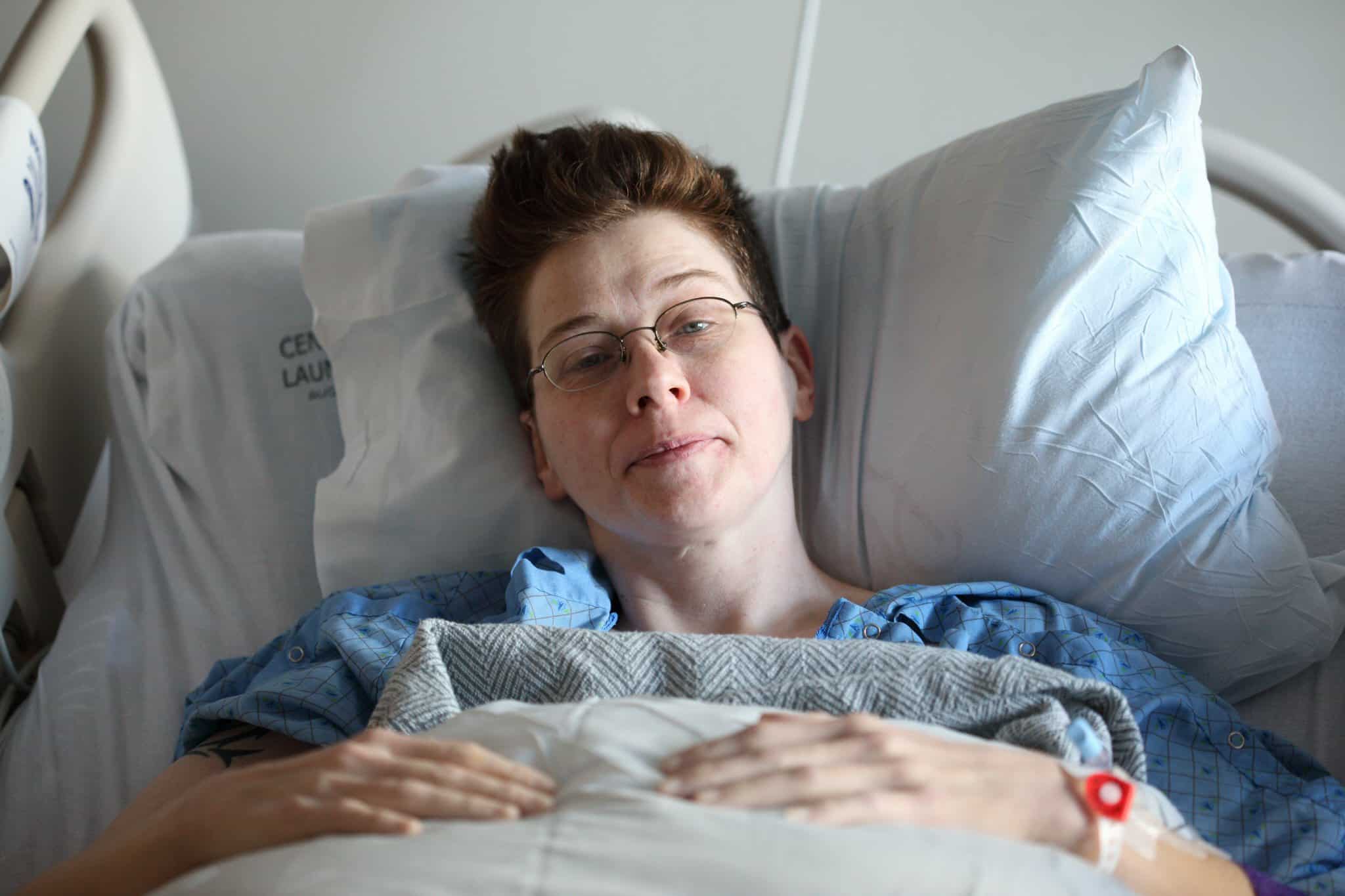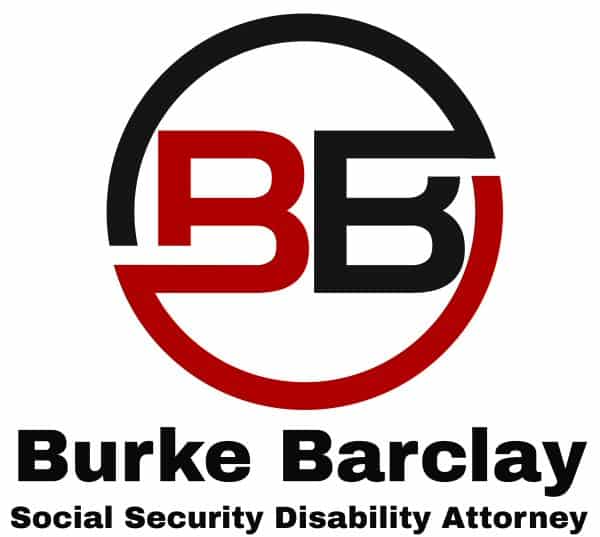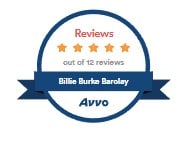Why You May Lose Your Social Security Disability Case
You’re too ill to work, or you’ve got too many things wrong with you to work at your old job -right?
Well, that may possibly be, but it may not be enough to win your Social Security disability case.
The reality is that everyone who files for Social Security disability has some kind of condition or impairment, but many will be denied because of a number of different reasons.
Here is just some of them:
1. Your condition is not severe.
In order to be approved for Social Security disability benefits, your condition must severely interfere with your ability to do even basic work activities like: walking, standing, sitting, hearing, following instructions, interacting with co-workers or the public, etc. Only then will the Social Security Administration continue to determine whether or not you are disabled. By the way, you have to have enough medical documentation to show your condition is severe (and it must be up to date).
2. You don’t have enough medical records to show how disabled you really are.
By and far, the biggest reason why people are denied, especially at the first stage of the application process, is because they have not been either going to the doctor enough or too short of a time to make a determination as to whether or not their condition really is severe. The other problem is that many people go to the wrong kind of doctor to show the severity of their condition. Ex: for back issues a claimant is going to his or her general practitioner. If you actually do have a severe condition, then get a referral from your GP and go see a specialist.
3. You have transferable work skills.
There are these pesky little rules the Social Security Administration uses to determine whether or not a person is disabled. They take into consideration a person’s age, education, and his or her transferable work skills. If a person has acquired skills from prior work, then he or she may be able to transfer those skills to some other type of job even though there actually is an impairment. If you can transfer those skills to do something else, then you may find you are not actually “disabled” under Social Security’s rules.
4. You don’t understand what it means to actually be disabled.
Being disabled does not mean you have a very severe impairment. We all know you have something either mentally or physically wrong with you. What it means to be disabled is that even despite these conditions, there are no other jobs within the national economy you would be able to performs. Thus, even despite such conditions you may have, you can’t do some other type of work. If that is the case, then you are not disabled.
Which brings me to my next point…
5. You can still do unskilled sedentary work.
For many who do not fit within the rules (as discussed above) you’re going to have to show that you are incapable of performing even sedentary work on a full-time basis. On top of that, you also going to have to show that you are unable to even perform unskilled work on a full-time basis. So, even if you have a Ph.d., Social Security does not care.
You may still be able to go and do some kind of unskilled sedentary work. So many people are offended when the Administration makes a determination that he or she is capable of doing some type of work that they believe is completely beneath them. But, just because you were a medical doctor or lawyer in the past, doesn’t mean you are not capable of answering telephones for a living.
What that translates to is this: You must not be able to physically or mentally sit for six out of eight hours per day, taking normal breaks, walk or stand for a maximum of two hours, and carry up to ten pounds for each day, but be able to frequently carry less than ten pounds. Further, you must not be able to work at some kind of job that would take up to one to three months to learn without any prior experience.
If you can perform one of these kinds of jobs and that job is available in significant numbers within the national economy, then you will be considered not disabled, not matter how severe your condition.
That is the reality of the Social Security Administration disability system. It is not always fair, but it is what it is.
We represent claimants fighting for their Social Security disability benefits throughout Texas and California. Please always feel free to contact us at: (888) 780-9125. We’re here to help.
You Need an Experienced Social Security Disability Lawyer
We represent claimants fighting for their Social Security disability benefits throughout Texas and California. Contact the Law Office of Burke Barclay for a highly experienced Social Security Disability Lawyer in Dallas, Texas
"Experienced Social Security Disability Lawyer representing clients throughout the United States who either need to initially file for their Social Security disability benefits or have been denied at one of the various stages throughout the process to give them the best chances of success."
Business Address
The Law Office of Burke Barclay
3838 Oak Lawn Ave.
Suite 1000
Dallas, TX 75219
Business Hours
Monday - Friday
8:00 AM - 5:00 PM





